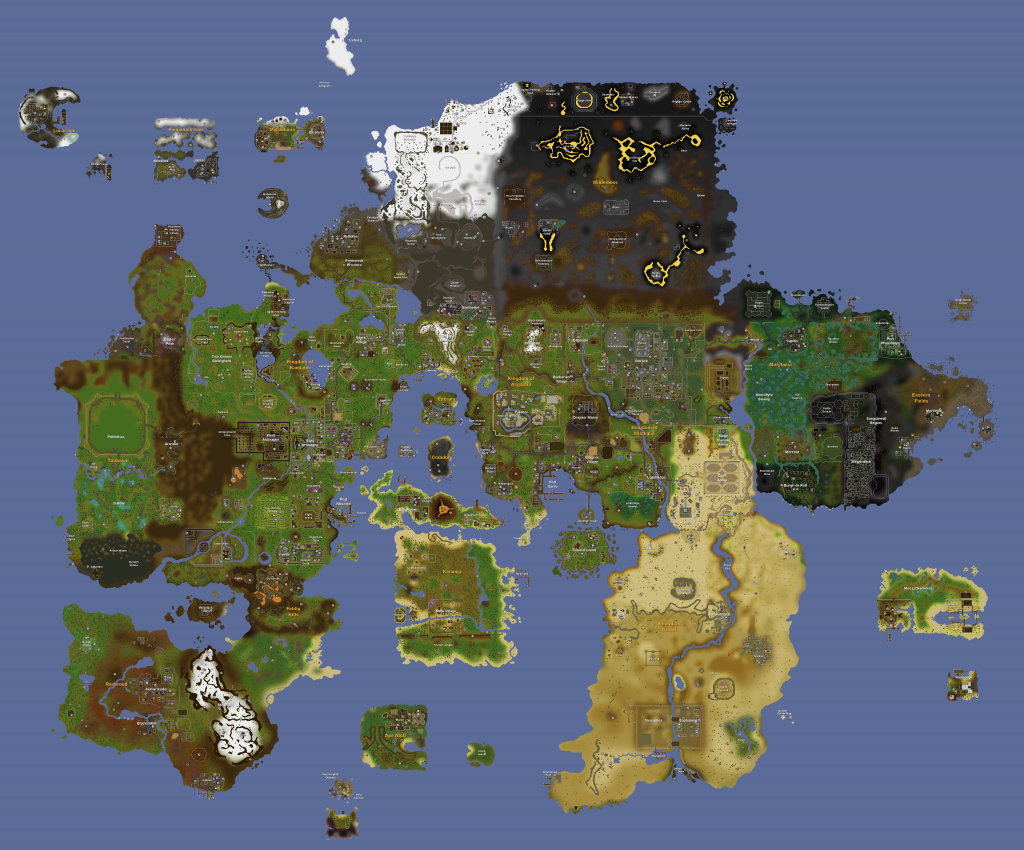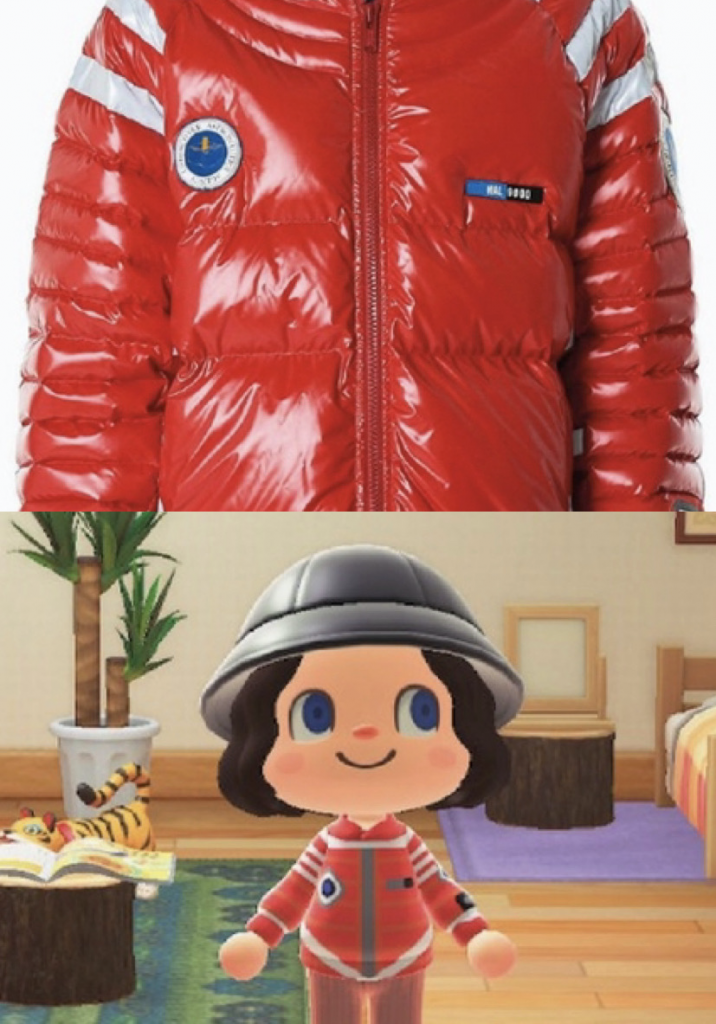In April of this year, Nintendo unveiled Animal Crossing: New Horizons for its highly popular Switch console. A revamped version of its series, Animal Crossing can be best described as a “social simulation game” that revolves around a players character interacting with the digital environment, constructing the island they inhabit, making friends, visiting others and typically being an engaged member of a vibrant digital society. For many in lockdown across the world, Animal Crossing is a lifeline for social interaction and community building.

I must be honest myself, my interactions with the gaming world throughout my childhood had been selective and infrequent to say the least. Often the case was I would come across a game that for some reason connected on a near ethereal level with me, to which I would proceed to play ceaselessly for months until my symbolic curve of interest would flatten out at the peak and begin to rapidly drop in merely days. This peak of interest was usually at a very high level or “XP” count in which if you wished to continue you would either have to purchase some sort of membership, or the game would generally become stagnant as you earn rewards less frequently. More often than not, this ended with me never returning to the game, not even for old times sake. However over the years, I began to notice a trend in my digital personality and which games seem to stick around the longest. Two words: Open World.
There was always something so appealing to me about games that gave you the freedom to explore rather than those that force you to follow a rigid path to success. The larger the open area map to explore, the more likely I was to remain playing the game. The sheer level of agency you have over your characters movements, interactions and choices whilst you shaped your very own personal story and legacy had me in awe throughout my childhood and continues to impress me even today. Thinking back to which game introduced me to this open world concept, it had to be the legendary “RuneScape”, a medieval realm consisting of various explorable kingdoms, cities, villages and even islands. Players could entirely customize their own avatar and were able to engage in depth with the environment around them. From picking literal potatoes from a farm, to slaying a three headed dragon in the seventh layer of a dungeon, RuneScape had everything a young child like me could want from an open world game.

Possibly the most appealing aspect of RuneScape had to be the ability to join the very same server with your real life friends, essentially enacting a hangout in the digital realm that had endless possibilities. As a young child, there was nothing better than getting home from school, scoffing down a quick lunch and zooming through homework as fast as you can, just to get online at the agreed upon time with your friends and commence a long night of medieval exploration full of highs and lows. RuneScape’s ability to keep me engaged throughout my childhood was unparalleled, to the extent where just a couple months ago, I was compelled to log into my old account and explore the kingdoms, cities and villages that have left an unforgettable mark on my youth in the same way a family holiday would.
However as I grew up, my expectancies from an open world game developed along with me. Soon enough I found myself immersed in the world of The Sims, a life simulation game that was much less fantasy and much more real life. Players could create characters or Sims, which in turn would live pretty ordinary lives depending on the path you choose for them. They could get a job, earn promotions, meet a significant other, even have a child and grow old! Although predating RuneScape, The Sims did not appeal to me much until my later years, in which a parallel to real life seemed much more appealing, almost as if it gave me an opportunity to explore life paths in a digital world with no consequences. I tried on jobs, clothing styles, friendships and homes for size all the while subconsciously imagining myself in the place of my avatar. It was a world that was much more comparable to real life, albeit without the irrevocable consequences, and I got a kick out of that. However, one thing The Sims was unable to satisfy was my desire to interact with other real life individuals, something that was a center pillar of RuneScape. Perhaps this explains why The Sims never ended up cementing itself in my early adulthood, despite remaining a cult classic for many my age even today.

With the jarring announcement of a global pandemic about a year ago, people all around the world found themselves bound to the four walls of their accommodation, with nothing more to entertain themselves than those that they live with, if lucky. This in turn pushed us deeper into the arms of the digital world as a source of social interaction, to the point where today it can most certainly be considered an indispensable service for many in the developed world. This is just as valid for the gaming world. A global gaming study conducted by Simon-Kucher & Partners garnered responses from over 13,000 respective consumers around the world to better understand the impact of the pandemic on both gamers and the gaming industry. The results highlighted an average 11% increase in time spent gaming by survey participants, and a further 42% increase in video game streaming alongside other insightful findings.

However personally, the most interesting manifestation of digital communities, interaction and gaming during the pandemic has still got to be Animal Crossing, a game so simple and pointless that it is frankly genius. I was specifically amazed at how trends in fashion manifested themselves through this game, culminating in the creation of an “Animal Crossing Fashion Archive” in which players from around the world could douse their avatars in real life high end fashion and digitally showcase them through an unofficial instagram account. Today, boasting about 45K followers, the Animal Crossing Fashion Archive is turning into a mini cult-classic for players of the game, with features digitalized outfits from all around the world, including submissions by my own roommate! Several other accounts for showcasing avatar fashion have also emerged in a chain reaction, including “AnimalCrossFits” which favors streetwear and high end fashion common to youth these days such as the famous Chrome Hearts. If you’re feeling more avant-garde, there is “Nook Street Market” for your taste. Essentially a digital parody of Dover Street Market in Mayfair, London, except run by the Nook Family, a band of cute raccoons that sell just about anything imaginable in the Animal Crossing world. Whats even more impressive is that many of these fashion archives now provide in game codes that allow a player to integrate their created fashion outfit to their avatar in the actual game, an amazing crossover between real life fashion trends and a digital universe. As someone who has always been a big fan of open world customizable games, this development and human style of coping with the pandemic has been highly interesting to me.

Particularly in the last few years, I have developed an admiration for niche fashion, so to see these two passions mould into one interesting medley in such unnerving times leaves me excited to see how else digital communities will develop in the time of a pandemic. Truly, digital communities are developing at an exponential pace, to a stage of importance in which it is becoming difficult to identify the line in which the real stops and the digital starts. Perhaps accepting this inevitability is the first step in ensuring an integration that favors us all…
Sources:
- Preview: “Kara Chung – Animal Crossing Fashion Archive“
- High Snobiety: “The Animal Crossing Fashion Archive is a Quarantine Lifeline“
- Simon-Kucher & Partners: “Global Gaming Study: More Gamers Spending More Money in COVID lockdowns – Which Publishers Will Benefit?“


I really enjoyed reading this blog. I also wrote something similar to this recently, and one thing that really struck me was the conclusion. The growth of digital communities is so rapid and ever changing that it is truly difficult to make a distinction between what is now visual/digital and what is real life. As technology has immersed itself into almost all of our daily habits, I fell like it has truly become an extension of our body and anatomy. So it is a part of us, and if we are real then so is the “fantasy” world we create for ourselves online, whether that be through social media or game avatars, and I feel like that is almost contradicting as the terms real and fantasy have to be mutually exclusive.
As you said, accepting the integration of the digital into our lives may be the first step of moving on as a community. But I do feel like many, like myself, are still refusing to accept that because we feel like that agency or control over our lives is being completely taken away. These games and apps create such an addictive personality for individuals that it’s so difficult to admit we are dependant on the little dose of dopamine we get when someone likes our photo or when we win a game.
Anyway, great work!!
Akif, great blog! I agree with you that some of the most important aspects for videogames to be appealing to me, personally, are that they need to be open world and multiplayer (in the sense that one has contact with other people). Perhaps this need or desire for open world games emanates, like you said, from the fascination to be able to follow or do what one wants. Nevertheless, it doesn’t mean I don’t enjoy other games
I really enjoyed this blog and found it equally informative and interesting to read. You have shared your personal experience with a variety of different games which was nice to read as I personally have not played these games much, and you also related it to your own interests as well such as fashion, which I had never really considered before reading this to be a part of digital gaming platforms. Analysing the crossover between the digital and real life is an interesting occurrence and definitely one which warrants discussion, especially now much of our lives take place online due to the pandemic. The discussion around the way the pandemic is influencing our digital media use is a relatively new one, however it’s good that you’ve contributed to the start of the discussion. Overall a really good blog!